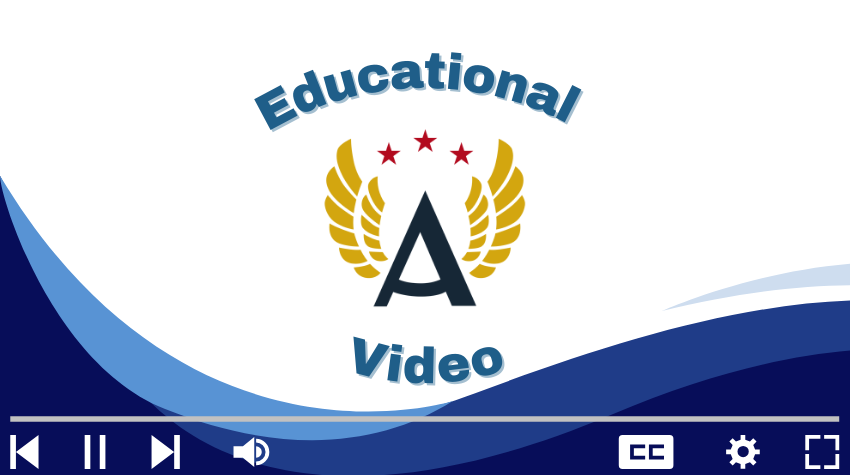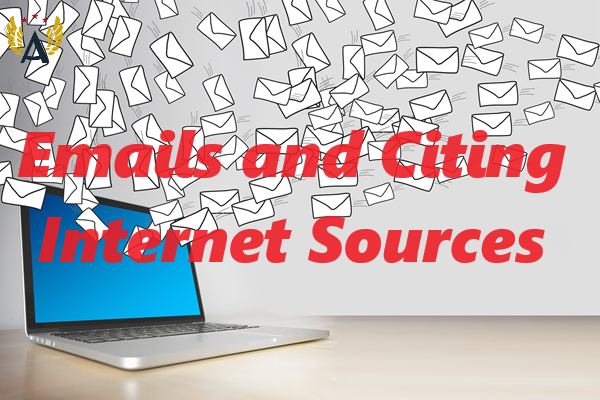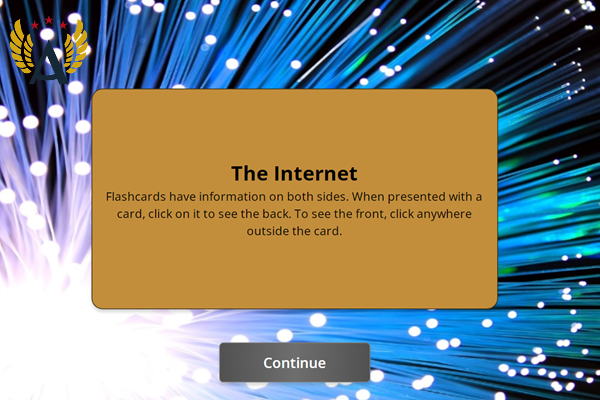Unit 1: Online Technology—Using the World Wide Web
Unit 1: Online Technology—Using the World Wide Web

Unit 1: Online Technology - Using the World Wide Web
 Unit 1: Online Technology—Using the World Wide Web
Unit 1: Online Technology—Using the World Wide Web
Using the World Wide Web (WWW) is an integral part of modern life, offering a vast array of resources, information, and opportunities. Here's how to make the most of it:
Web Browsers: Start by familiarizing yourself with web browsers like Google Chrome, Mozilla Firefox, Safari, or Microsoft Edge. These platforms serve as gateways to the internet, allowing you to access websites, search for information, and interact with online content.
Search Engines: Utilize search engines such as Google, Bing, or Yahoo to find specific information or resources on the web. Learn how to use search operators and filters to refine your search queries and retrieve relevant results efficiently.
Navigating Websites: Understand the basic structure of websites, including navigation menus, hyperlinks, buttons, and search bars. Learn how to navigate between pages, bookmark favorite sites, and use browser extensions for added functionality.
Online Communication: Take advantage of email services, social media platforms, and messaging apps to stay connected with friends, family, colleagues, and communities. Use these tools to share updates, collaborate on projects, and engage in online discussions.
Information Retrieval: Learn how to critically evaluate online sources and distinguish between credible and unreliable information. Verify the accuracy, authority, and currency of sources before citing or sharing them, and be cautious of misinformation and fake news.
Online Shopping: Explore e-commerce websites like Amazon, eBay, or Etsy to shop for products and services online. Familiarize yourself with payment methods, shipping options, return policies, and security measures to make safe and informed purchases.
Multimedia Content: Access multimedia content such as videos, podcasts, music, and digital publications on platforms like YouTube, Spotify, SoundCloud, or Kindle. Learn how to stream or download content for offline viewing or listening, and explore niche communities and content creators.
Online Learning: Take advantage of online learning platforms like Coursera, Udemy, Khan Academy, or edX to acquire new skills, pursue personal interests, or advance your education. Enroll in courses, watch instructional videos, complete assignments, and interact with instructors and fellow learners.
Privacy and Security: Protect your online privacy and security by using strong passwords, enabling two-factor authentication, and avoiding suspicious websites or emails. Familiarize yourself with privacy settings and security features in web browsers and online services to safeguard your personal information.
Digital Citizenship: Practice responsible and ethical behavior online by respecting intellectual property rights, adhering to terms of service, and contributing positively to online communities. Be mindful of your digital footprint and reputation, and engage in constructive online interactions.
By mastering the basics of using the World Wide Web and adopting safe and responsible online practices, you can harness the power of the internet to access information, connect with others, and engage in a wide range of activities that enrich your personal and professional life.
Vocabulary
Lesson Reading
Videos and Interactives (Click on Images to View Content)


